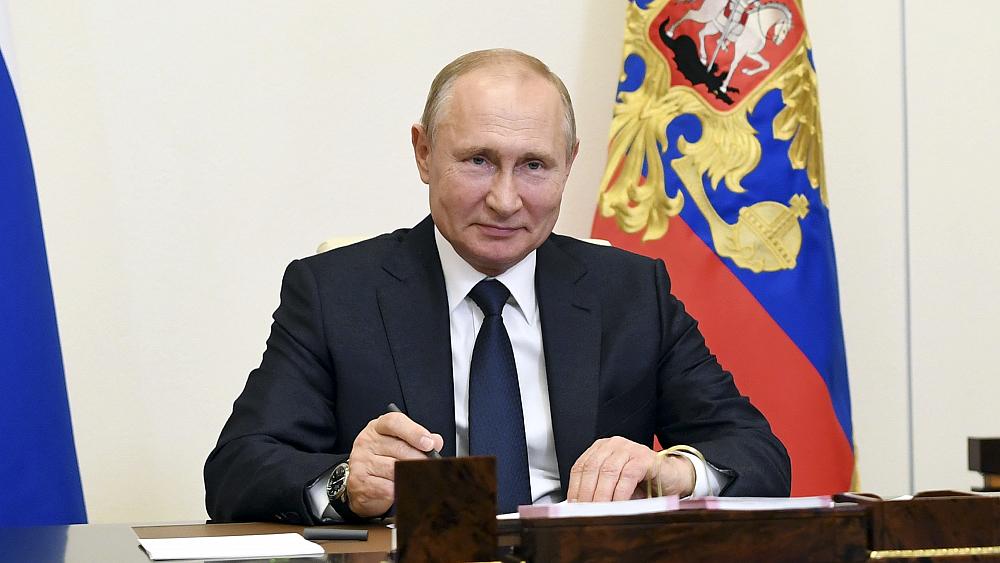The government of Russia has promised to offer not less than 500,000 scholarships to international students, including Nigerians to study in the country.
Amb. Andrey Podelyshev, Russian Ambassador to Nigeria, disclosed this while briefing newsmen on Monday night in Abuja, on the sidelines of the embassy’s preparation to commemorate the Russia Day on June 12.
The ambassador reeled out broader educational and diplomatic engagement strategies by the Russian Federation to include a policy to increase the number of African and Nigerian students through studies in various Russian universities.
Podelyshev said, “The Russian President, Vladimir Putin will increase the number of international students in Russia to 500,000 in the long term.
“Currently, the number is less than half of that target with about 32,000 African students enrolled in Russian universities and only about 2,000 from Nigeria. In line with the president’s objective, the current quota will be increased every year to achieve targets.
“The Russian government has currently provided 220 scholarships to Nigerian students for the 2025 academic year approved in 2024, and preparations are on for the students to begin their studies in September.
According to him, the initiative will cover not just tuition fees but also living expenses, stating that the travel costs for selected international students will be covered by the student’s country government.
He reiterated Russia’s commitment to providing such scholarships, saying it is a strategic measures to foster long-term cooperation between Russia and Nigeria, especially in critical economic sectors, such as nuclear energy and industrial development.
“If Russia is involved in rebuilding a plant in Ajaokuta or establishing nuclear plants, we will need Nigerian professionals trained in Russia to implement these projects.
“Russia is keen to integrate education with large-scale bilateral economic ventures through mechanisms such as the Intergovernmental Commission on Economic, Scientific and Technical Cooperation to achieve such desired goals,” he said.
He also mentioned that strategic framework would be put in place to avoid issues about brain drain, whereby students who go abroad choose not to return due to better opportunities elsewhere, rather than return to contribute to home country growth.
“If students know they are being trained for specific national projects that require their expertise upon return, they will have stronger incentives to come back,” he added.



